Jack Kerouac. Ed Abbey. Willie Nelson. Nellie Bly. John Denver. Simone De Beauvoir. Alexander Supertramp. The road trip is endlessly romanticized in American literature and folklore, and rightly so: When done right, road trips can be a game-changing adventures. But all the best adventures are inherently laden with potential pitfalls if you don’t plan ahead and pack wisely.
No two roadtrips are the same, but here’s a quick and simple packing guide for whatever adventures wait on your horizon. Let’s start with a basic three-point checklist, and then we’ll break it down from there:
1. Emergency Readiness (including the Ten Essentials)
2. Know Your Needs (food, water, sleep, showers, places to work/do laundry, etc.)
3. Know Your Route (What special hazards, restrictions, etc, do you need to be aware of? What special attractions and pit-stops should you consider?)
Emergency Readiness

Nothing can ruin a road trip faster than an emergency for which you aren’t prepared. And while there are plenty of things for which you simply cannot be prepared, planning as best you can goes a long way. Start by ensuring you always have the Ten Essentials in your vehicle; quite a few of the most common road trip disasters are made less awful simply by having those ten essentials with you.
You can further bulk up your Ten Essentials by adding a few things that might help you stay comfortable on the road should an emergency arise. If you break down, for instance, and need to wait several hours for help to arrive, having a good book (or three) with you can help you pass the time with ease.
- Do you know how to change a tire? If you don’t, I bet someone you know does, and would happily teach you.
- Do you have a AAA (or other roadside assistance) membership? I’m a fully capable human, but I don’t drive anywhere without my AAA card. If you spend enough time on the road, odds are good you’ll eventually need a tow, and when you do, that membership pays for itself.
- Consider packing a solar charger so your phone can stay juiced even if your vehicle’s electrical system is out of commission. Always be sure to consider weather in your emergency readiness plans, too.
- Bring layers, blankets, and shoes comfortable enough to walk long distances in, should you need to.
- Your state of mind is also a part of your emergency readiness. Be flexible and prepared for things to go wrong somewhere along the trip, and you’ll be much more able to cope when they do just that.
Know Your Needs

Being self-aware also goes a long way toward a good road trip. What do you need to feel good about life? Are you someone that needs to shower every day? Factor that into your route or pack a solar shower to take with you. Will you need to work while you’re traveling? If so, set aside everything you’ll need, and then make a plan to find Wi-Fi when you need it. Are you going to be on the road for several days, weeks, or months? Consider what special medical or dietary items you might need and pack accordingly.
You might also want to research places you can do laundry along the way, so you don’t have to pack as heavily. (Don’t forget biodegradable soap if you’ll be washing your own clothes!) Similarly, consider where you’re going (and where you’ll be sleeping) and pack your food, water, and related gear accordingly. When you’re traveling by vehicle it’s always better to have more food and water than you need vs. not packing enough, especially if you’ll be traveling in remote areas. Remember to save room for a cooler, and have a plan for keeping your cooler and any food (which includes stoves and cooking utensils) away from wild animals.
Know Your Route

Your route will factor heavily into your packing list. Will you be driving through the Midwest or at high elevations in winter? If so, make sure you have emergency layers, blankets, and a way to make a fire, and/or boil water. Will you be driving through Arizona in July? If so, you’ll want to make sure you have lots of extra water, fresh fruit, and sunblock. If you’ll be camping on your road trip, take that into consideration as you pack; what will you need to have a good camping trip? I recommend some basic meal-planning for the first few days, and then as you hit the road, you can use your maps and savvy senses to find local farmers markets and grocery stores. Don’t forget headlamps and (solar-powered) lanterns, and if you’re planning to have campfires on your trip, make sure to source your wood locally.
Similarly, if there are any special attractions on your route, be sure to consider them in your packing list, as well. Does your route go by hot springs or other water spots? You’ll likely want sandals, something to soak in, and a microfiber towel. Does your route go by a bevy of trails you want to hike? Don’t forget a hiking pack, water bottles, trail snacks, a headlamp, and any maps you might need to reference.
Road trips are nothing if not a great adventure, and can be a fantastic way to learn more about yourself and the world around you—if you plan and pack appropriately. Use the principles outlined above and you’ll be well on your way to the sort of road trip adventures you can wax poetic about for the rest of your days.
Narrator: This blog was thoughtfully written by Kerri Anne Stebbins. You can find her on Instagram @kerri_anne.

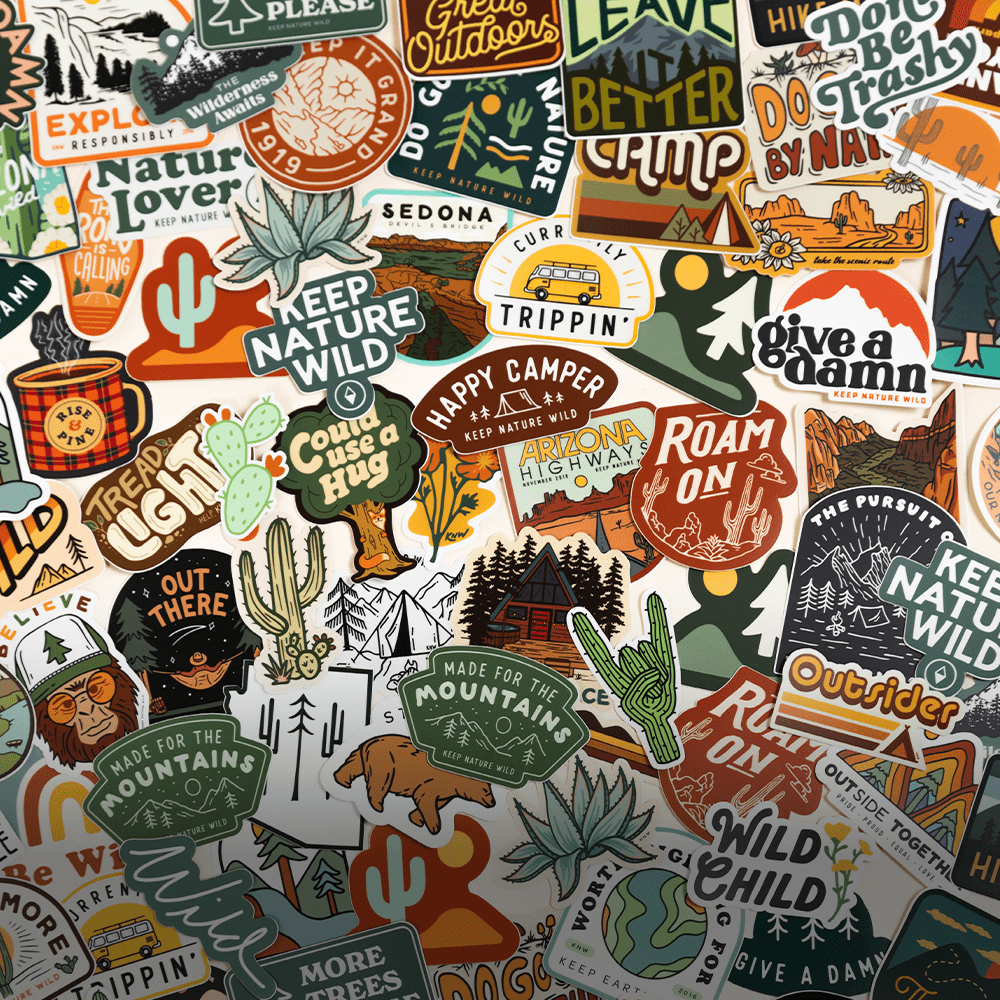
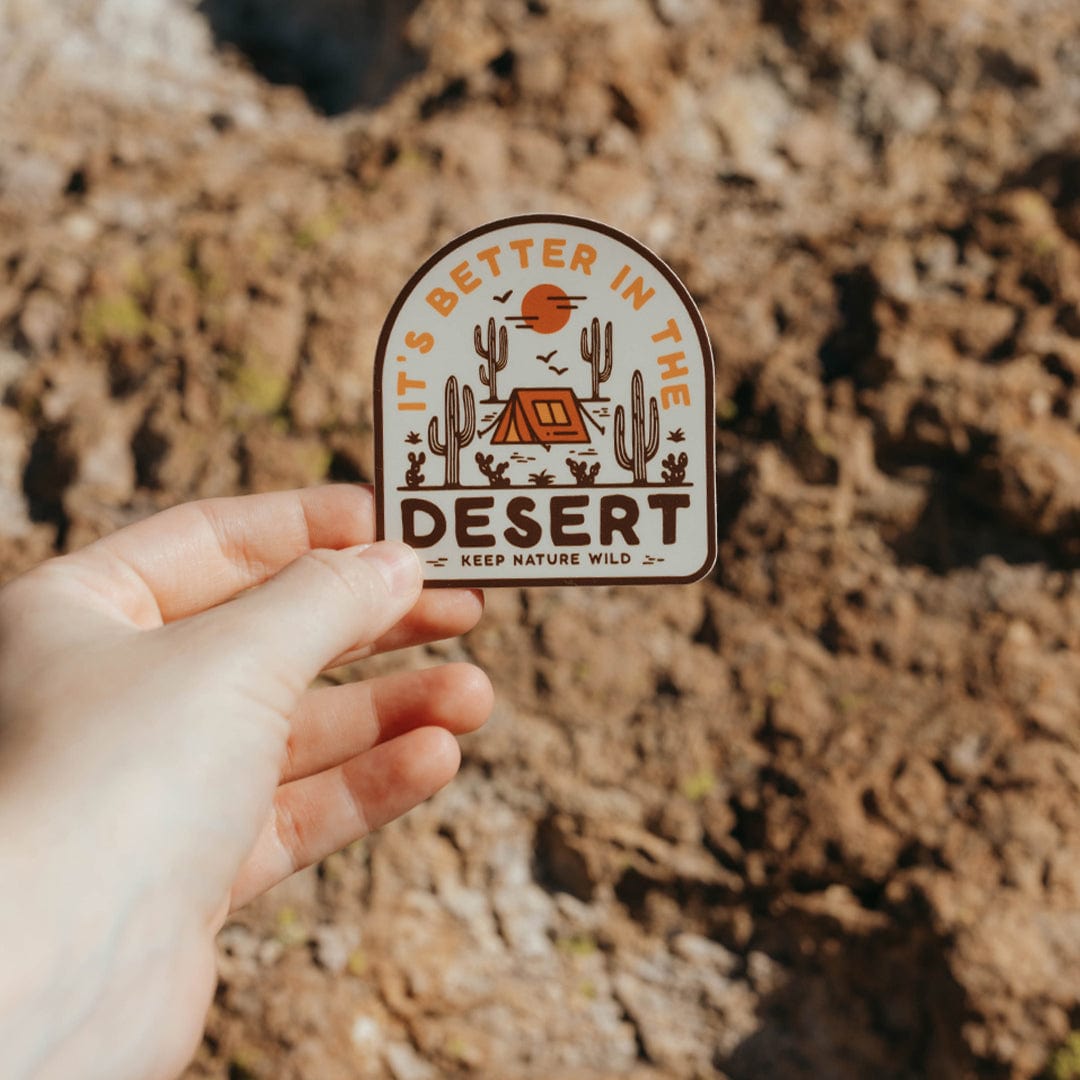
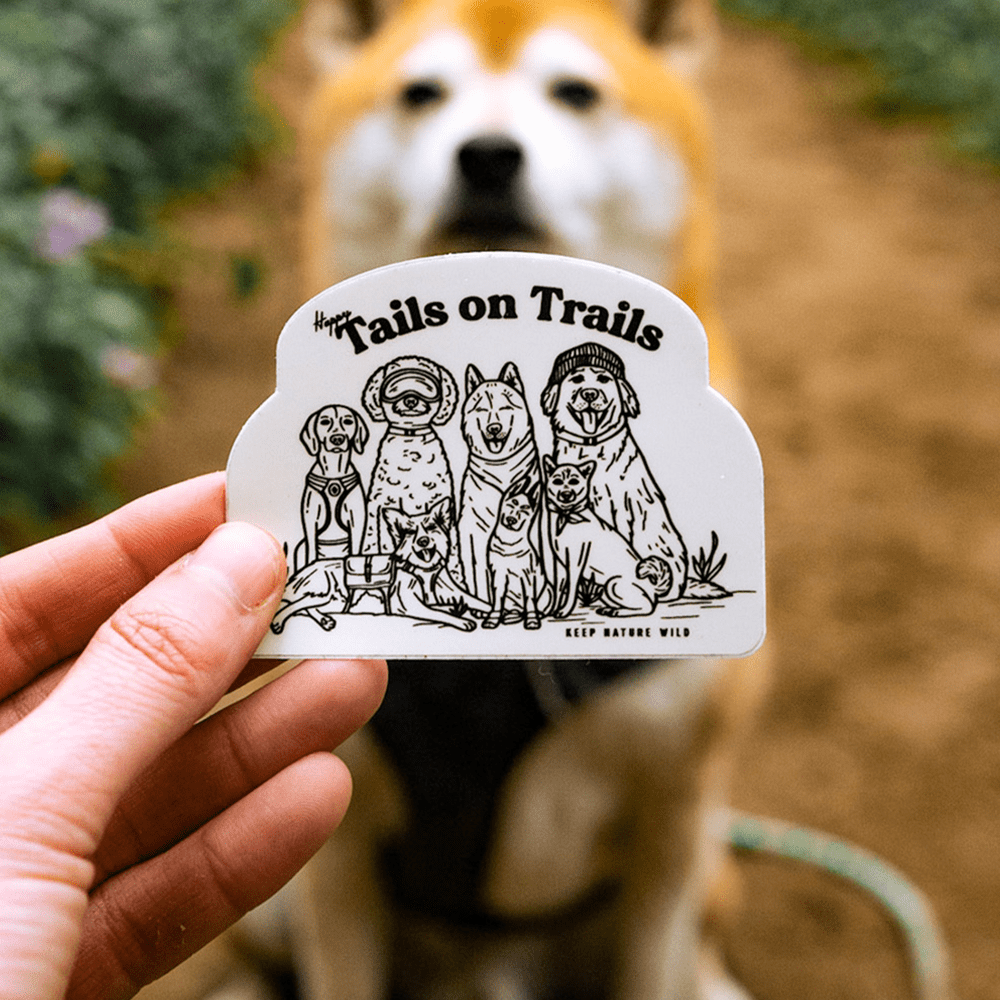
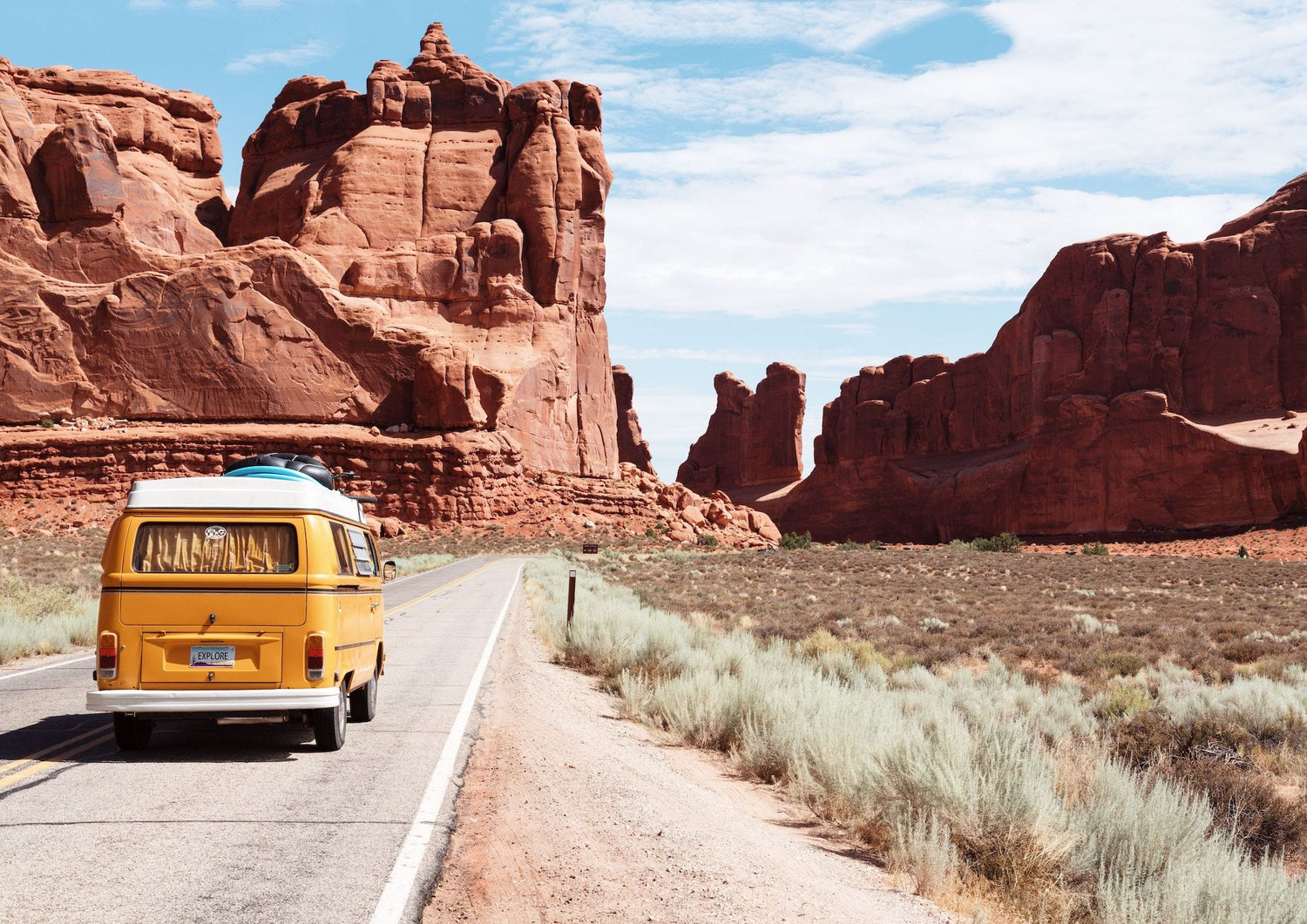
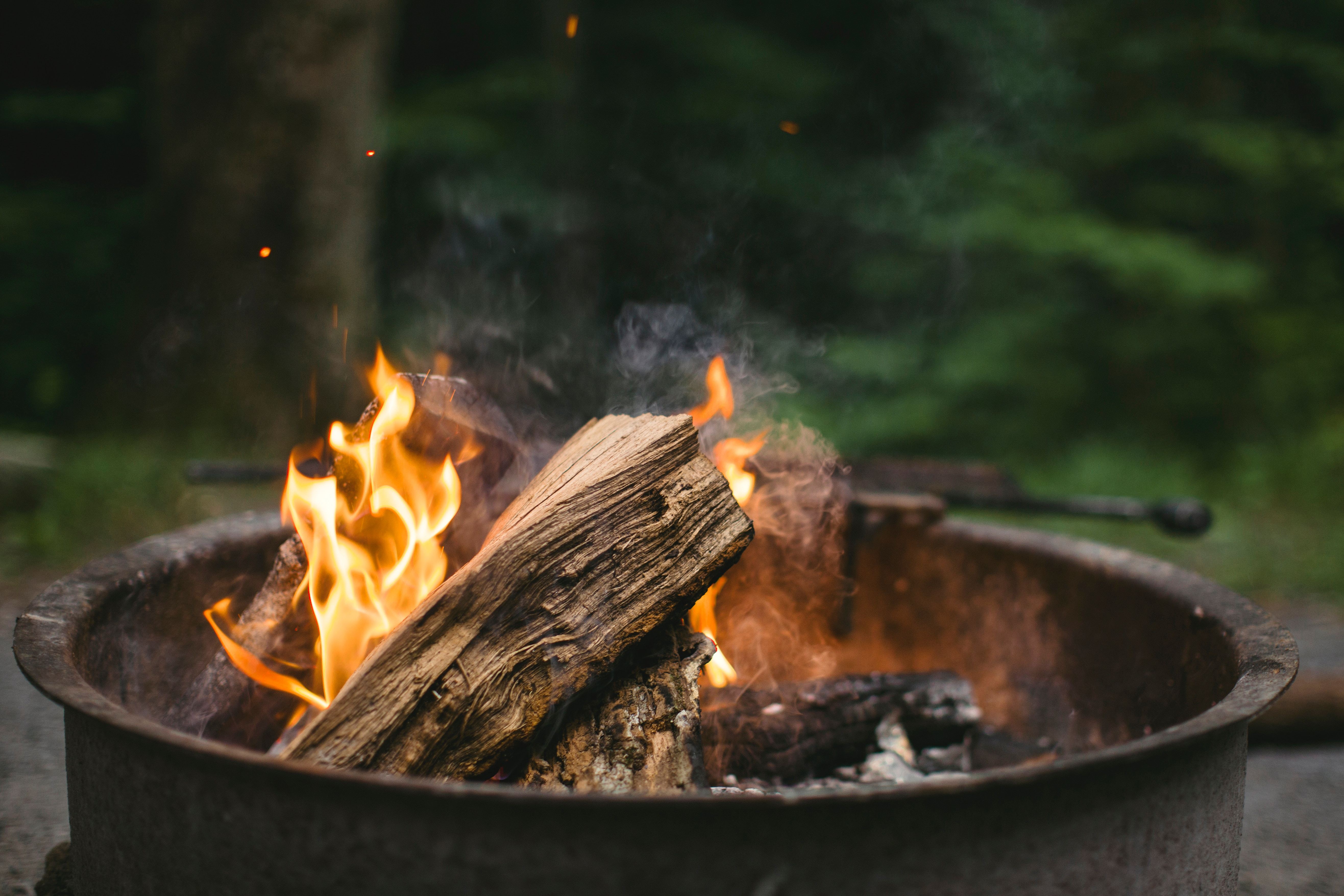
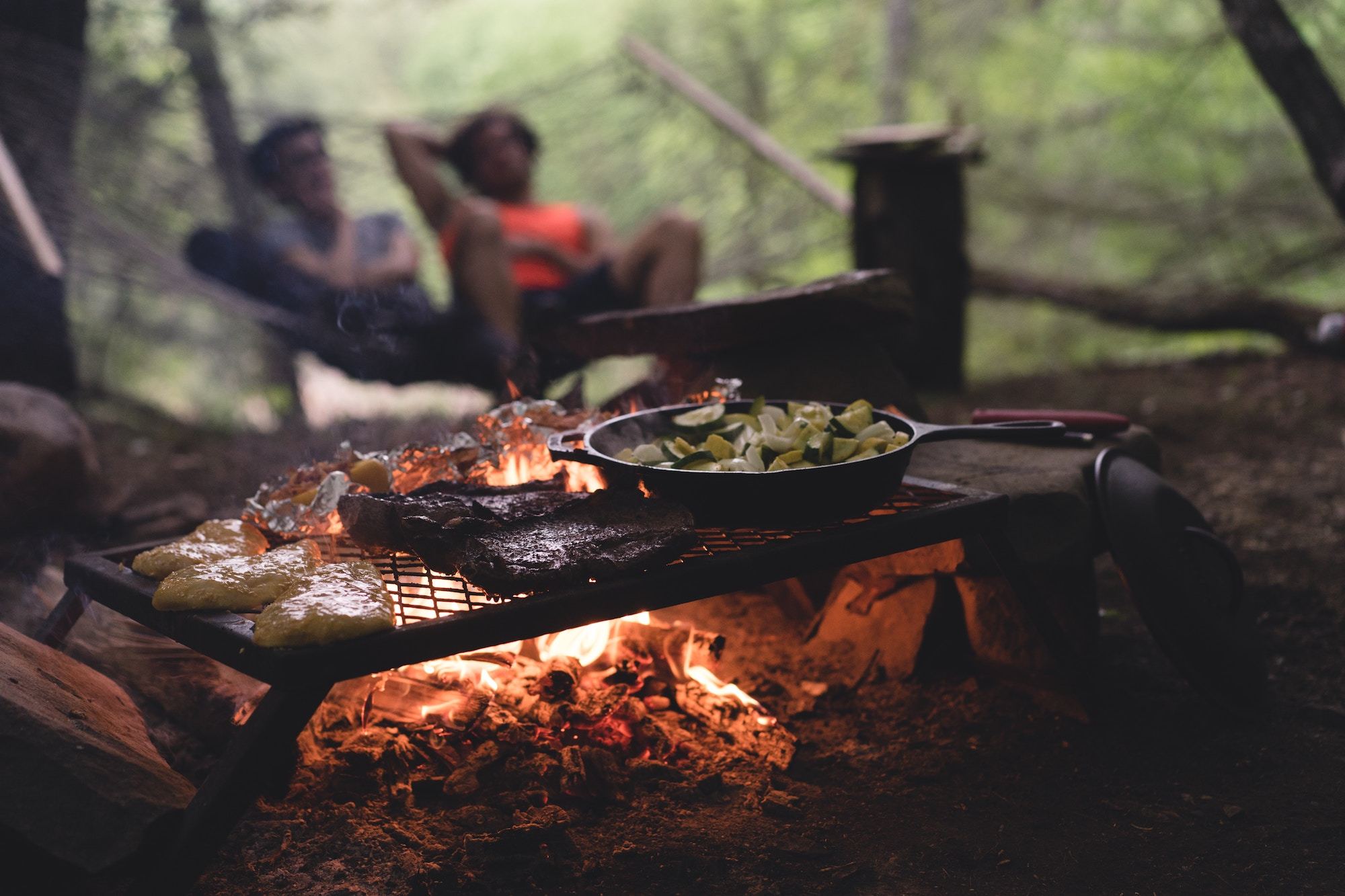



Leave a comment
All comments are moderated before being published.
This site is protected by hCaptcha and the hCaptcha Privacy Policy and Terms of Service apply.